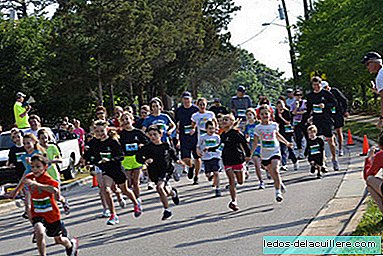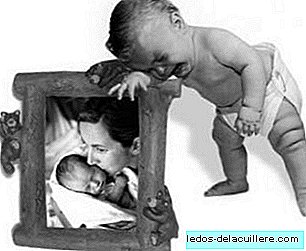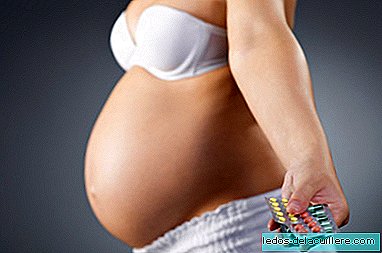
All parents intuitively know that Physical exercise is very positive for children's health and development.. But if we compare the possibilities of 'moving' of our children, we will see that they are less than those enjoyed by us, our parents and our grandparents.
Before the children had more freedom to play in the street and today they depend on us to take them to the park, before they played to climb the trees and climb hillsides, today they are sitting doing homework, watching television or playing video games.
We should not need advice or studies, but we look for them because we feel insecure, and that is why today I want to talk about the finding of Finnish researchers who have discovered how children who remain physically active are more likely to cope with stress successfully. Russell Pate R. is Professor of Exercise Science at the University of South Carolina. He has worked in national studies on fitness levels in students. It is no surprise to him that the more physically active children can be more relaxed, but we are going to learn a little more about Finnish research.
The professionals studied 258 eight-year-old children, who were placed accelerometers on their wrists during the days of registration. To measure cortisol levels they asked for the collaboration of parents who collected saliva samples.
As you know, cortisol is a hormone induced by physical or mental stress, one of its functions is to increase the level of blood sugar
When the researchers reviewed the annotations, they saw that cortisol levels among children who had been more active, and those who performed less physical activity were negligible. However, children were also asked to complete a standard psychosocial stress test, they realized that the most active children showed stable cortisol levels (had not increased).
Physiological responses to stress are an adaptation mechanism
These results indicate a more positive physiological response to stress in children with more activity, according to researchers who have published their study in the Journal of Clinical Endocrinology and Metabolism.
This research has been commented by professionals from other countries. For example, the university professor of pediatrics Michael F. Bergeron (South Dakota), warns that there are children who have chronic cortisol levels (without influencing exercise), and therefore are more prone to stress. And also notes that the body's responses to stress are not necessarily bad, but an adaptation mechanism.
In my opinion, our experience as parents can give us clues about the activities that more (or less) predispose our children to stress. And this regardless of whether the east does not have to fulfill a negative function, provided (of course) that one does not live constantly stressed.
For example, let's look at children after running on the beach and after leaving a family recreation room; when they arrive from spending the afternoon on the street, and after having been watching TV for two hours. The body and reactions of my children are the best indicators I have ...
Stress at certain times does not have to be negative, but children feel better if they do not undergo artificial stressful situations.
If we already knew that physical activity combats obesity, and increases cognitive performance, if we knew how asthmatic and allergic children benefit from exercise, today we have a new reason to encourage children to move, and to allow them to enjoy these experiences that make them so good.
And finally, I know that I repeat myself, but I think the key is in the attitude of the family, because when parents encourage exercise, children have less tendency to sedentary when they grow up. Despite the laudable efforts of health and education authorities to promote these practices in schools, I think that the most important letter is in our hands.












